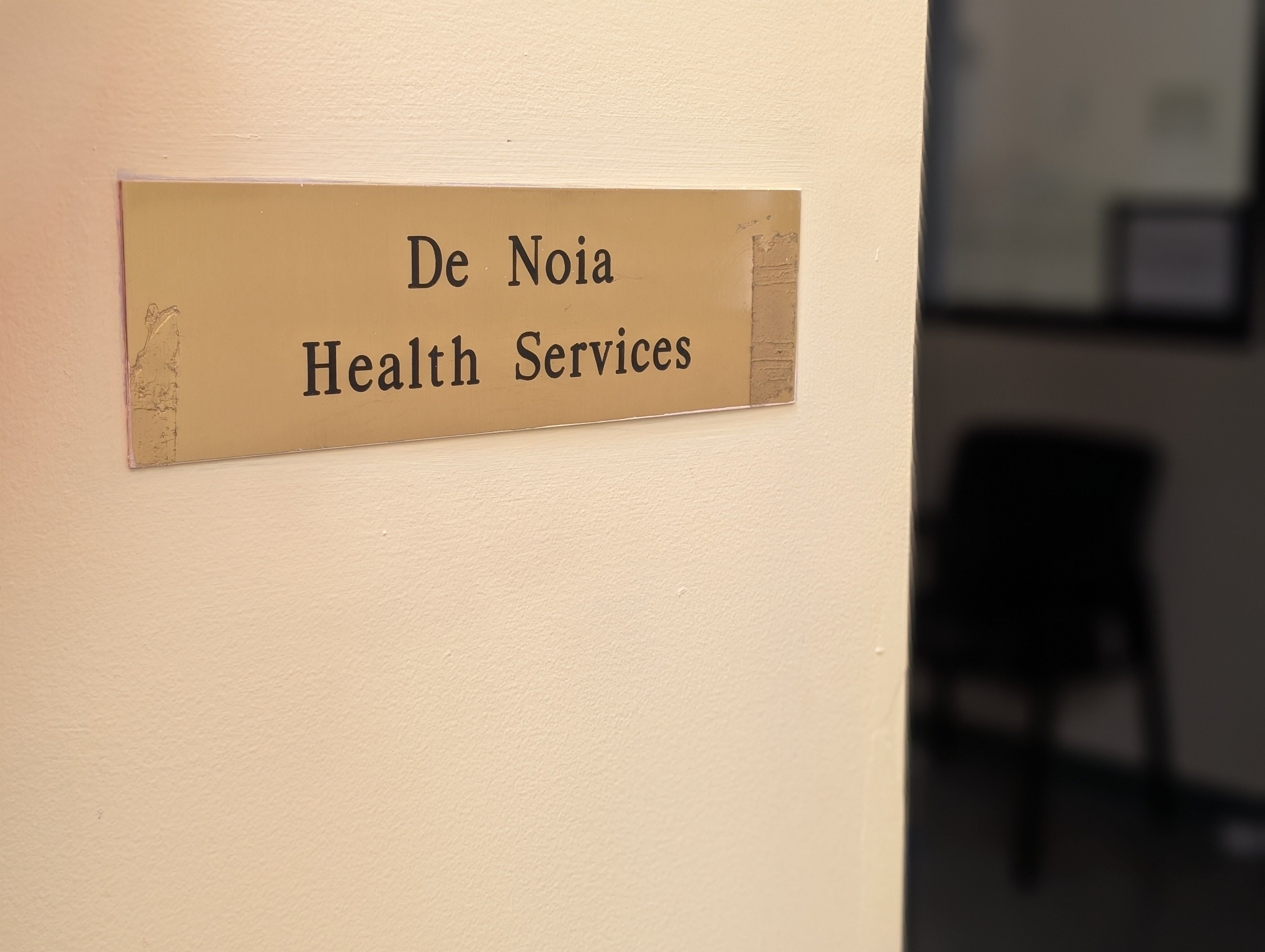
Mental health care is essential for everyone — but for individuals with Intellectual and Developmental Disabilities (IDD), it’s often harder to access, and frequently overlooked. At The Arc of Monmouth, that gap is being addressed head-on through a coordinated, compassionate approach that supports both emotional and behavioral well-being.
Take the case of Mike, an adult living with autism and schizoaffective disorder. Mike faces complex challenges that require a multi-disciplinary treatment plan. Through The Arc’s Health Services, he receives consistent, individualized care that meets him where he is — and helps him move forward.
Each week, Mike works with Jess, a licensed counselor, to develop tools for managing anxiety and emotional regulation. That process might start with something as simple as learning to take deep, mindful breaths when feeling overwhelmed. While seemingly basic, these kinds of techniques lay the groundwork for long-term resilience.
Mike also receives behavioral support from Karis, a licensed behavioral specialist who helps him set and work toward concrete goals — such as replacing harmful habits with healthier ones. Overseeing his psychiatric care is Dr. Mary DeSane, who manages his medications and ongoing evaluations. Together, this team forms a tight-knit support network that prioritizes communication, consistency, and a shared understanding of Mike’s needs.
This integrated, person-centered model is the foundation of The Arc of Monmouth’s approach to mental health care — and it’s making a measurable impact.
The need for such services is clear. A 2022 study found that nearly one in three adults with IDD also experience a mental health condition — a rate significantly higher than the general population. Conditions like anxiety, depression, and mood disorders are prevalent, yet often untreated due to limited resources and persistent stigma.
“There’s this idea that individuals with IDD can’t benefit from mental health care,” says Jess. “But that’s simply not true. The issue is that too few people even try.”
It’s a misconception that can have lasting consequences. For many individuals with IDD — and their families — encountering skepticism and lowered expectations is all too common, especially when it comes to emotional wellness, independence, and quality of life. But The Arc of Monmouth is committed to challenging that narrative.
“Progress is always possible,” says Annette Dunnah, Director of Health Services. “You just have to approach it like you would with anyone else — with empathy, with patience, and with belief in the person in front of you.”
That belief drives every interaction at The Arc. As Health Services Coordinator Colleen Keenan explains, the key is to avoid assumptions and focus on each person’s unique strengths and communication style.
“Even if someone is nonverbal, they’re still communicating — through behavior, gestures, expressions,” Dunnah adds. “The most important thing we can do is listen and respond accordingly.”
At The Arc of Monmouth, listening is just the beginning. Their comprehensive services are changing lives, helping individuals like Mike build not just stability, but confidence and agency. And in doing so, they’re setting a powerful example: when care is personalized, accessible, and rooted in dignity, meaningful progress becomes not just possible — but expected.




